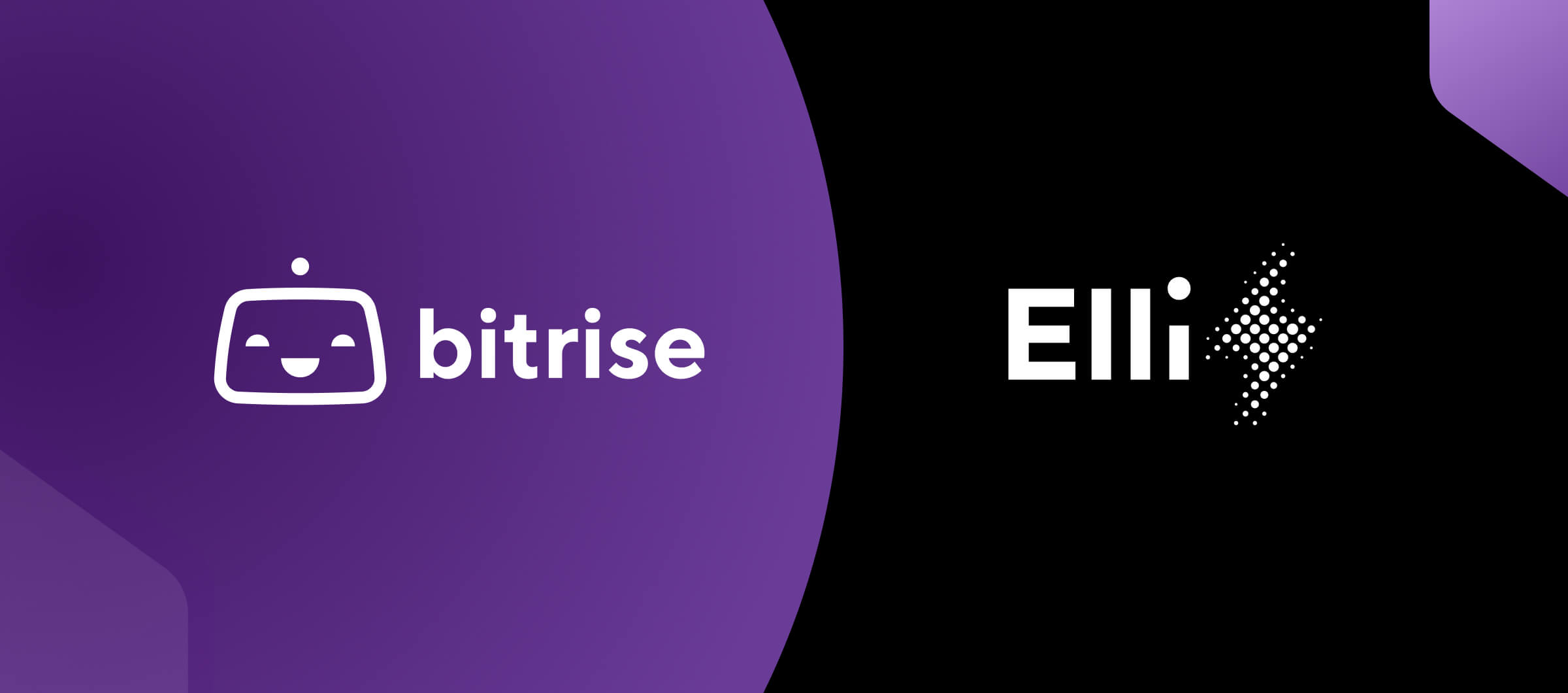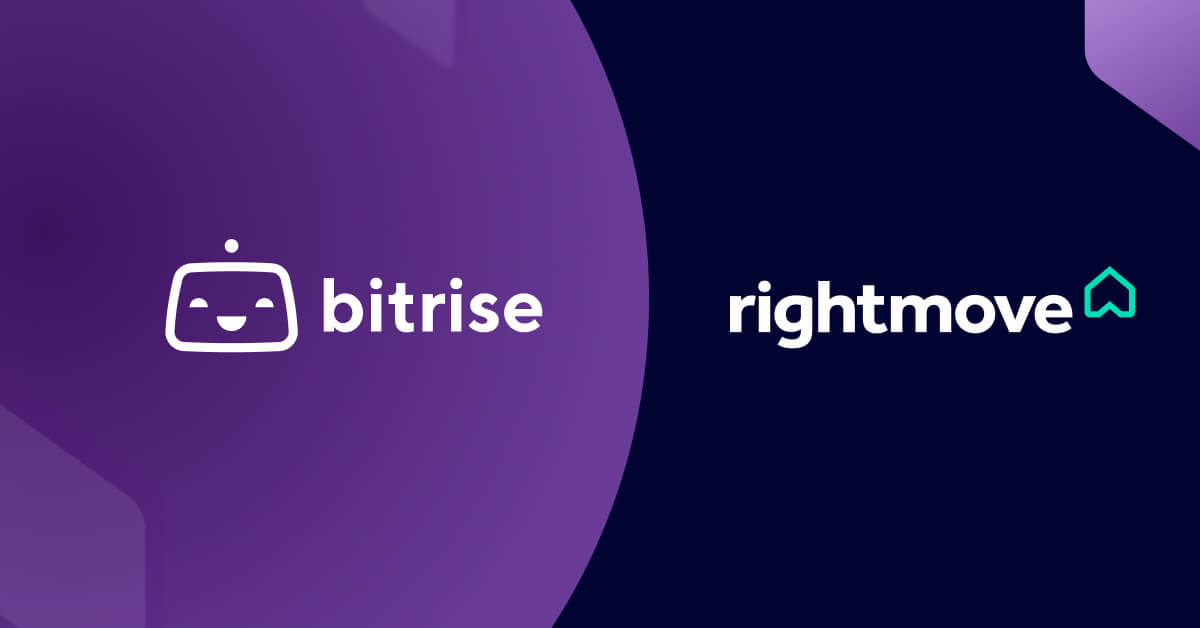
Hello, Bitrisers! Rob Hedgpeth here coming to you from the beautifully frigid city of Chicago, Illinois, USA! A few weeks ago I joined Bitrise to lead Developer Relations (DevRel), a team dedicated to enabling the mobile development community.
But DevRel wasn’t where I started my career. Heck, it wasn’t even really a thing yet when I started working, at least not to the degree it is today. No, like many others, I entered the workforce, way back in 2007, as an application developer, after graduating with a Bachelor of Science in Computer Science.
TL;DR? I entered the workforce as a mostly clueless software engineer.
That cluelessness still pops up, of course, but that’s normal, right? I say that because technology is always innovating, constantly challenging us to learn new, oftentimes more complex, things. And, of course, learning new things is something we’re all capable of, but we all learn in different ways.
My journey to DevRel
As I mentioned before I started as an application developer, more specifically a web developer, mainly in the .NET space. But, like so many things, new technology popped up and I soon transitioned to creating and maintaining something called Service Oriented Architectures (SOAs), which, if you’re not familiar, you can just think of as the precursor to modern day microservices. Now, at the beginning there was some SOAP, Simple Object Access Protocol, but, thankfully, this was around the time REST, Representational State Transfer, was becoming popular.
Why is any of that relevant? Well, I didn’t know it then, but the web service work I was doing was changing the direction and focus of my entire career. That’s because around that same time, while iOS application development had been around for a few years, Android and Windows Phone development was just kicking off. So, I started off by dabbling in Android development in my free time because, syntactically speaking, Java and the Android solution architecture was just easier for me to understand given my C# background.
Then one day, given my experience in the .NET ecosystem and small experience in mobile development, I was fortunate enough to be presented with an opportunity to immerse myself in the brave new world through a couple of up and coming cross-platform solutions known as MonoTouch and Mono for Android, which were eventually unified and rebranded as Xamarin a few years later. Heck, I even received an opportunity to get paid doing it!
And once I started down that path I started doing anything and everything I could to soak up as much knowledge as I could. I was hooked! In fact, I felt so passionate about it that I even started writing about my experiences, attending user groups meetings and conferences, all in an effort to learn as much as I could.

I spent the next few years creating various iOS, Android, and, don’t judge me too harshly, Windows Phone / UWP applications.
Then, in 2015, I started working for Xamarin as a Mobile Architect. The role was fairly broad, as the name might suggest, compassing the entire software development life cycle of a mobile application. Everything from the initial ideation, core development, testing and deployment, you name it, I worked on it. In fact, during my time at Xamarin, and then at Microsoft, which acquired Xamarin in 2016, I worked, to varying degrees, on over 100 applications spanning a variety of industries and technologies across all the major platforms.

Right about now you might be wondering, “OK, but, Rob, what does any of this have to do with developer relations?”.
My main reason for pointing it out is that the development for all those apps wasn’t always a smooth process. In fact, it was often quite humbling trying to pick up a new technology or approach, depending on the purpose of the app, and have the confidence that I was doing things the right way. Bluetooth Low Energy, location services, Health Kit integrations, embedded data storage, etc. The list could go on and on, but the most important takeaway is that there was a lot of learning that had to be done. Like, a lot of learning, and sometimes, for me, it was a real struggle.
That, combined with our team being encouraged to pass along what we had learned to others in the community, really started to grow my passion for this whole idea of developer relations. I was hooked.
I absolutely loved being a part of a community that had respect and empathy for one another, because, quite honestly, we all knew just how difficult some things in mobile could be.
In fact, I loved it so much that I decided to start a formal Developer Relations role at a company called Couchbase as a Developer Advocate focused on their embedded document database and synchronization service, Couchbase Lite and Sync Gateway. Though I had previously dabbled in non-Xamarin based mobile solutions, it was at Couchbase that I was given an opportunity to work with a much broader array of mobile (e.g. native and other cross-platform solutions) and even IoT technologies to help evangelize and advocate for their products and capabilities. So, basically back to cluelessness. I’m sure you’ve picked up on that theme by now.

After some time at Couchbase I was approached by MariaDB with an opportunity to build their Developer Relations team from the ground up. Taking a brief break from the mobile world, and my bread and butter language, C#, I plunged myself into the world of relational databases. Though quite a bit of a context switch from mobile, during my time at MariaDB, I learned a lot of valuable lessons about the practice of developer relations and community building.

While there I had the opportunity to create many forms of content spanning a multitude of languages, platforms, and development ecosystems. I learned early on just how different some development communities and ecosystems are and can be. They might use different tools (e.g. Visual Studio Code, IntelliJ, etc.), or seek educational content from completely different sources or even of different content types (e.g. blogs, videos, podcasts, etc.). And the most important lesson I’ve learned is that the only way to truly understand a community is to be a part of that community. You’ve just got to roll up your sleeves and dive in.
Nowadays, from a dev-spective, I’ve really enjoyed learning more about Flutter and Kotlin Multiplatform. Of course that’s really only the tip of the iceberg these days, right? Mobile technologies are more robust and polished than they've ever been, and the passion and enthusiasm of the mobile community has never been greater. So many things to learn. So many wonderful opportunities for all of us to learn and grow with each other.
Looking forward
Now, I’ve laid all that out in an effort to set the stage for just how big of a deal joining the Bitrise team is for me. It may sound cliche, but it’s truly a dream come true to be able to combine my passion for mobile development (and by that I mean the entire mobile development lifecycle) and developer relations.

There’s no question that the potential for mobile has never been greater. And the need to improve the processes of development, testing, and deployment have also never been greater. It’s certainly not lost on me that we at Bitrise and the entire Bitrise community have such an incredible opportunity to help in this effort, and I couldn’t be more thrilled to join you all on this adventure!
All that to say, we (the Bitrise Developer Relations team) have some really exciting plans in store for 2022. Building off of the amazing foundation that has already been laid, we (and by “we” I mean you, me, and the entire mobile development community) will be making some serious waves in the world of mobile!
In the meantime, if you have any questions or feedback for me please feel free to reach out to me through my email, on Twitter, connect with me on LinkedIn, or chat with me directly in Bitrise Slack.
OK, enough talk, it’s time to get back to work on our mission of making the world of mobile better than it’s ever been!
Happy building! 🚀




